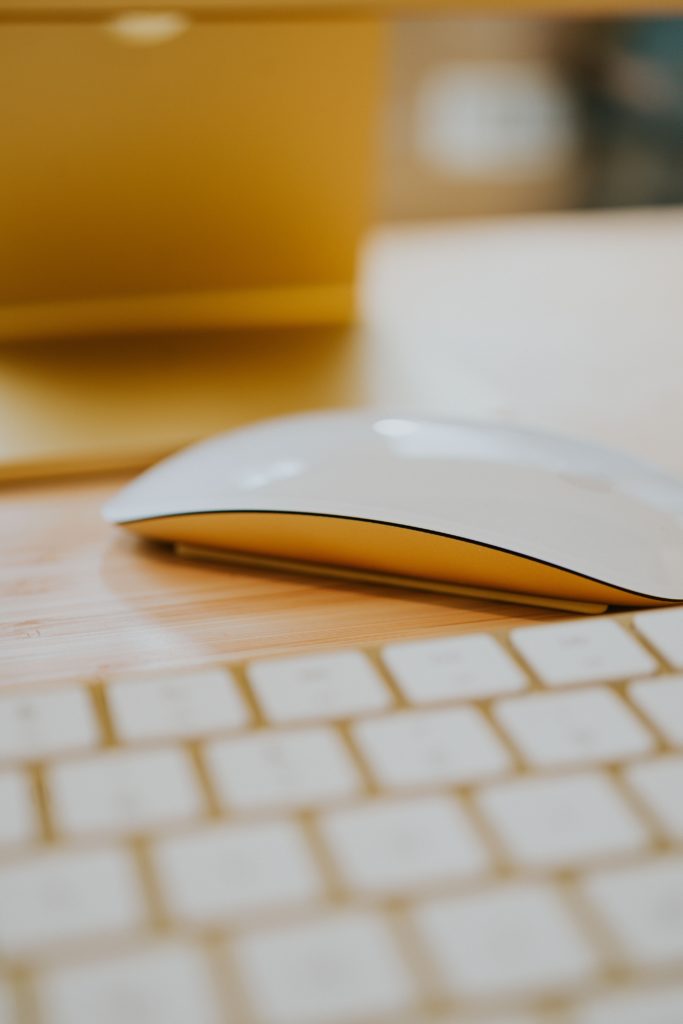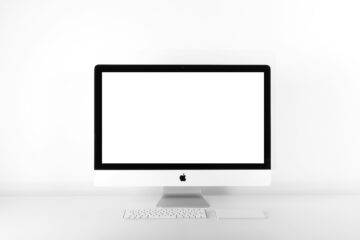
Productivity and efficiency go hand-in-hand. To become a more productive law firm, you need to streamline high-level operational processes as well as drill down to individual performance patterns. With technology, you can do both.
In this article, we’ll discuss tangible ways to increase your law firm’s billable hours and offer tips to help your lawyers and paralegals become more efficient without succumbing to workplace burnout.
Specifically, we’ll look at things like
- Why your firm needs to capture ALL the time, not just billable time
- Tools you can turn to for tracking time and performance
- How automation can free up resources and reduce stress
- Best ways to boost your firm’s billable hours
If you have any questions about productivity at your law firm or how technology can help, please get in touch with our team at Honeycrisp to schedule a free consultation.
Where to Start When Improving Productivity Outcomes
It’s one thing to know you should be doing “better” when it comes to performance and productivity, but what exactly does “better” look like? Before going down the road of setting goals to improve performance metrics, you have to understand the here and now. That means starting with a workplace audit. Get ready to track your hours.
Why Your Firm Needs to Capture ALL the Time, Not Just Billable Time
People who are considering dietary changes are often told to count their calories. “Write down everything you eat,” the advice goes. Then, at the end of the day when you tally up your consumption, you have to face the hard truth. If you were hoping that 3pm Snickers bar would just get forgotten, you’d be wrong. It’s awfully hard to argue with data that’s staring you in the face.
A similar principle can be applied to tracking time at your law firm. While we might think we’re spending our time one way, the data may prove something else entirely.
Conduct a Complete Time Audit
Billable hours are the bedrock of your firm. Without them, you’d have to close your doors. So, it makes sense that tracking those hours are the priority, but don’t forget about tracking how you spend the rest of your days either.
Even if you only do it for a week or two, institute a period where you track ALL the time you spend working. Heck, even track the time you don’t (it’s amazing how quickly that lunch break can go…).
After tracking your hours, you may notice some surprising findings. Maybe you’re spending a significant amount of time searching for case files, or you notice yourself going back and forth on a scheduling issue that could have been completed much quicker.
Your time-tracking audit may reveal opportunities for automation, or at a minimum, encourage you to shift resources and responsibilities. You may also notice there are ways to boost your paralegal’s efficiency. Once you know where all the time is being spent, you can then focus on what parts of your daily work can be automated via technology.
Best Tools to Track Billable Time for Lawyers
Time is your most valuable resource at a law firm, and once used, you can’t get it back. The best you can do is make sure you are spending it wisely. For attorneys and paralegals, that means putting as many of those hours as possible toward billable tasks.
Here are some tools to help you track time efficiently.
- Your existing billing software – your existing invoicing solution may have a time-tracking component to it. If you’ve never used it, check it out. It may have all the features you need.
- Notion – if you’re already using Notion in other areas of your firm’s daily operations, you may want to give its time tracker template a try.
- Teramind – while it does a lot of things, two of note are 1) it can track idle time and 2) it can track where you go on the web / what applications you have open. It can even record your screen during these events (or simply send an alert).
Most people use Teramind to “monitor” their employees, but they’re incredibly practical if you’re trying to figure out where an employee’s time is being spent. Meaning, you could legitimately have an employee who gets interrupted by phone calls all day long or spends a bunch of time going through your (terrible) documentation. Teramind is not an easy-to-use, ready out-of-the-box tool, but it’s something that works wonders when there’s a strategy behind it (even if it’s just as a security tool).
The list of time-tracking tools could go on for pages. Don’t waste too much time trying to find the perfect time tracker. Instead, start paying attention to the minutes that matter in your firm so you can make the most of every billable hour in your day.
Top Tips to Become a More Productive Attorney
Lawyers, paralegals and other office staff manage myriad things in a given day. Of those tasks, you want as many as possible to be billable. That’s really what efficiency is all about at a law firm – reducing unnecessary or repetitive tasks so you can focus your efforts on what pays the bills.
On an individual level, here are some tips to help you become a more productive and efficient attorney.
- Do your hardest task first – There are certain things we all dread, but in almost all instances the dread is more debilitating than the actual task itself. By putting off said hard task, we end up wasting an unnecessary amount of time and emotional energy agonizing over something that usually ends up being not so bad. Knocking out an important, yet dreaded task first thing in the morning sets the tone for your day and – as a bonus – already checks one thing off your list.
- Set goals – Goals help you prioritize your days and help you identify what you can realistically accomplish in a given timeframe. As you develop goals, be specific with your tasks. “Prep for a case” is too vague. Break the task down into concrete to-dos that have a specific and measurable outcome, so you know best how to structure your day.
- Track your performance – Setting smart goals is one part of the performance equation, but you must also diligently track your efforts. Simply knowing you’re “killing” your performance targets is not enough. You need to know why and how in order to make those processes repeatable and sustainable. Tracking and identifying performance can be made much easier with the help of reporting tools such as LawKPIs or similar solutions.
- Batch tasks – A form of disruptive multitasking is hopping in and out of your inbox while you’re simultaneously trying to draft an outline for an opening argument. This can be seriously disruptive in terms of productivity (and the quality of workmanship you deliver). Batch like tasks to stop wasting time. For example, set aside a chunk of time to respond to emails or return phone calls. This way you can return to your next task knowing you’re caught up with emails and can refocus without fear of distraction.
- Delegate – Play to your strengths and let others do the same by asking for help when you need it. Perhaps that “somebody” may even be automation. If you’re stretched thin, you need to find new ways to streamline tasks. Many non-billable tasks in your law firm can easily be automated. For help with that, just get in touch with us at Honeycrisp.
Becoming less busy and more productive is an iterative process, but hopefully you can make small gains by implementing some of these tips.
For help and guidance in making the most of all your tools and technology, contact our team at Honeycrisp. We focus on helping Apple-loving lawyers ensure their tech – and their people – are operating at full capacity.


